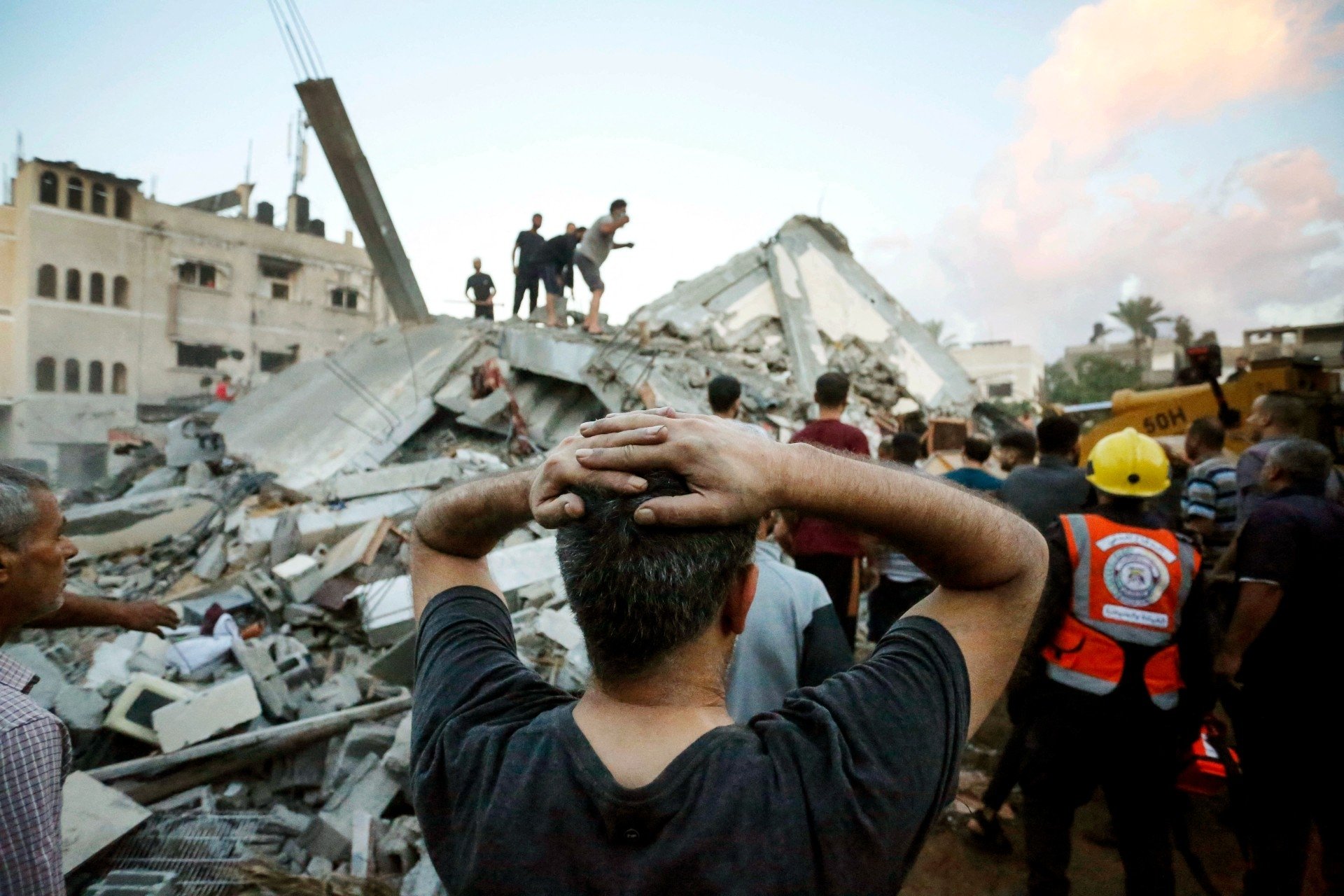This moment brings me back to the first half of 2020. I hadn’t yet set up this blog, and I was writing under a different pseudonym. To write anything back then was a tussle everytime, and I had my eye on a first class honours; I was still paying to take criticism to the head, and I was still aiming for Editor-in-chief of The Guardian.
That summer was a war, and I was torn on how to cover it. I haven’t re-read what I did say because I can’t bear to. I felt nothing when I’d finally sweated it out, aside from remorse. I hadn’t found anything new to say, nor had I found a way to possess the moment. There were so many drafts, yet there simply weren’t the words. I’d come up empty, and I’d made it about me– and not black, female me, rather, the thing beneath who’d wanted to sound warm and crucial to the moment, not stiff and keen.
I haven’t deleted it. You can still find that God-forsaken think piece online. I bring it up today, because I am realising that the whole thing scarred me. In the moment where something big and dark had overtaken the earth, I couldn’t deliver, whatever that means. I’d been a little too self aware, encouraged by the hyper-consciousness of 2020. Everyone had eyes on everyone; to see who would speak into the mics we all had thrust in our faces was a passtime. When I’d spoken, I had to wonder what difference it had made; why had I done it and who had it saved? I’d done it for myself and had failed. I’d done it for others, but who exactly was itching for a bloated monologue? It’d seemed ineffectual– it wasn’t the donation, the petition or the letter to my local MP. But it was coverage.
On Monday, somebody asked ChatGPT about Israelis and Palestinians and each group’s right to justice. The language was different in each response.
“ChatGPT has been taught by us,” said part of the caption to the shared screenshots, “we have a responsibility to be thoughtful with how we use our words.”
One thing my written offering was, was overthought. It is out there right now, with the articles and the reports and the tweets and the captioned black squares. The information does not distinguish itself between commissioned and volunteered, between perfectly placed and haphazardly thrown. It is a part of how it’s all going to be understood in an age where history is written by whoever was there.
With all of my misgivings, I can admit that I meant well back then. We tend to. I’d chosen to focus on what atrocities can feel like, to relay that, and send it off as my contribution, thus sealing my fate; hardly ever can you perfectly convey grief, yet hardly ever do you get it ‘right’ or ‘wrong’. Feelings are valued for how they help us ingest facts. They assist us with the historical reconstructions, they make everyone from every time feel usual. People will always come across as people for the sentimentality and symbolism of it all. That is what will go on comforting us as we move closer to the edge.
